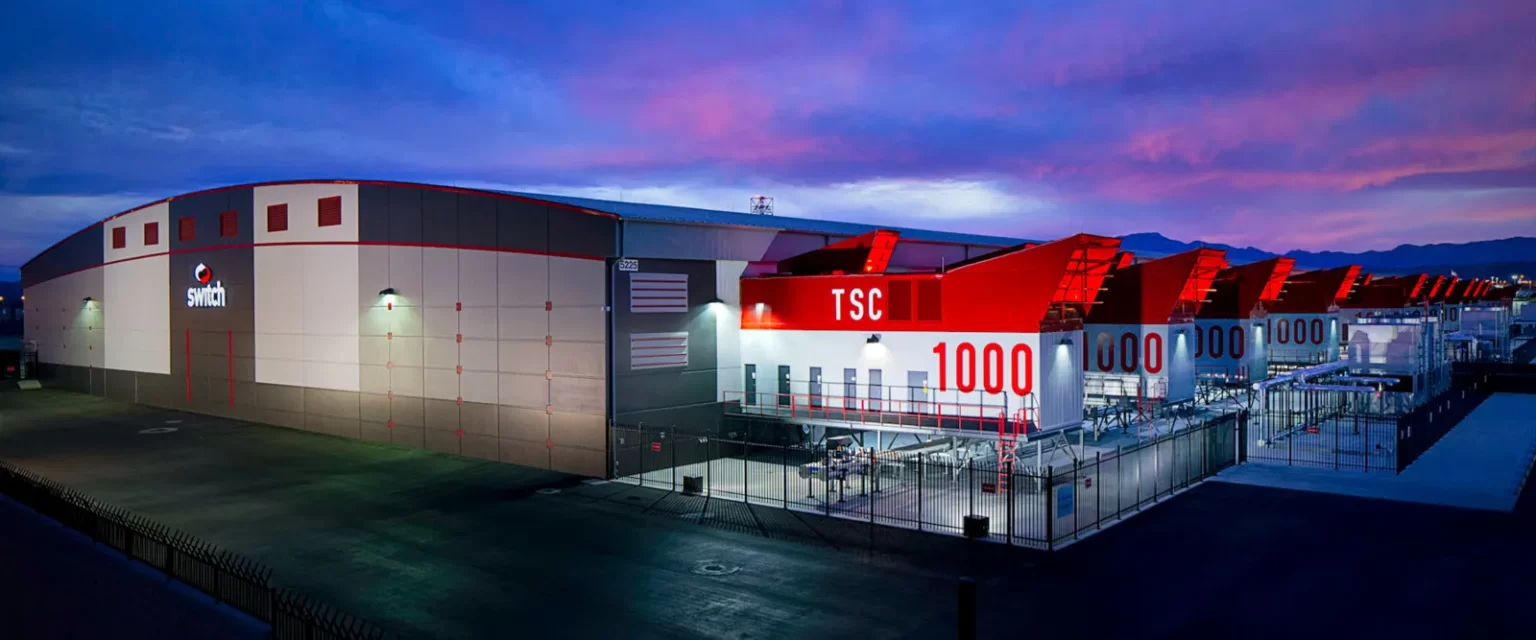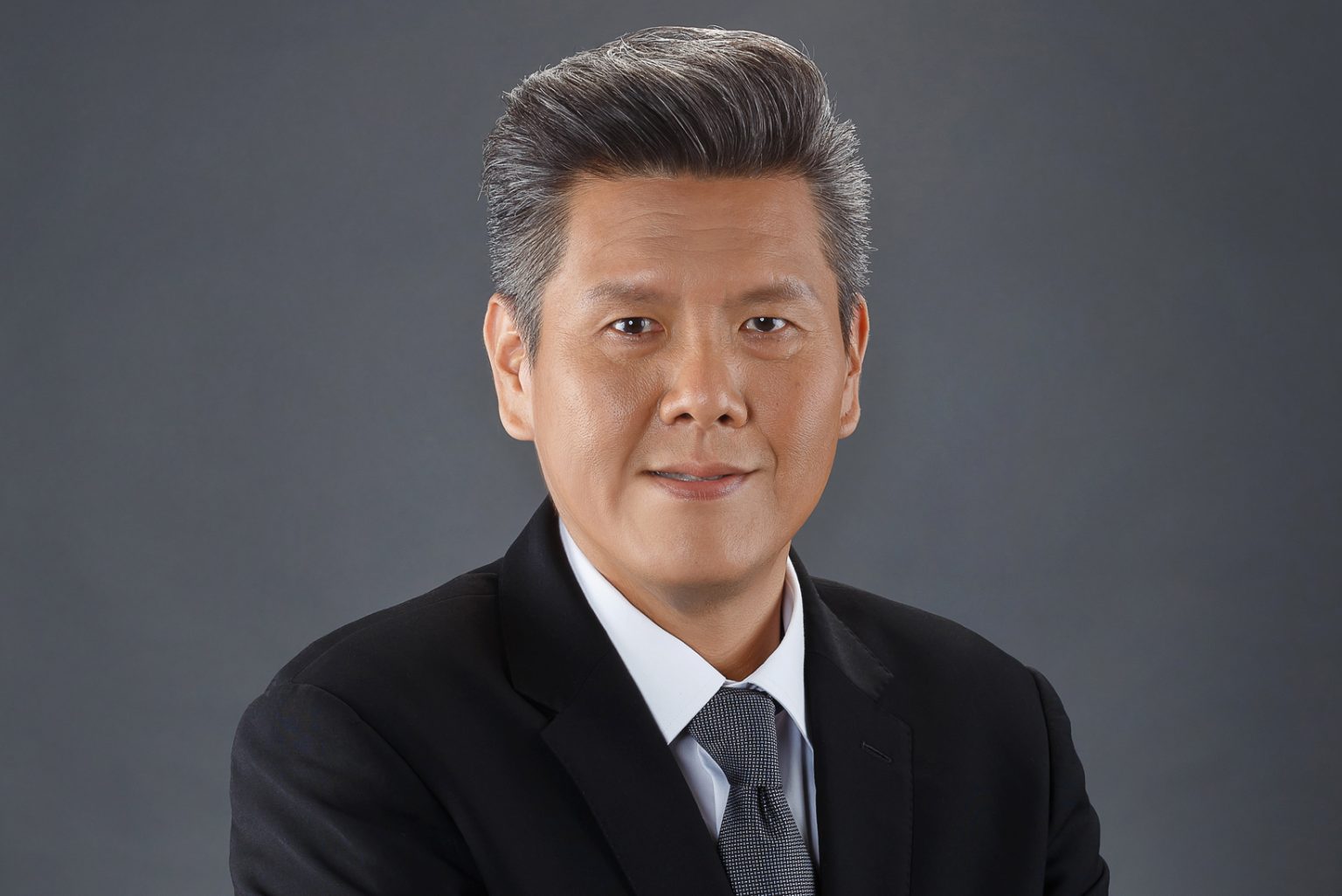Inside the sustainable data centre driving Thai digital infrastructure, built in Chonburi
Nestled on the eastern coast in Chonburi – along the Gulf of Thailand and approximately 110km from central Bangkok – sits 30 acres of land, housing three facilities at full build.
Adjacent to a supporting solar panel farm – which powers six data halls – this is not only one of the most sustainable data centres in the country but a primary energy source supercharging the digital infrastructure of a nation.
Supernap is building the foundational work required to sustain Thai appetite for transformation while enhancing capabilities to meet environmental objectives.
“Ultimately, the key to success lies in reinventing, reimagining and changing while holding onto core beliefs that remain static in a fast-moving world,” noted Yap Jin Yi, CEO of Supernap. “We continuously question where we stand and what can be done better to achieve sustained growth and position ourselves for long-term success.”
- Yap Jin Yi (SUPERNAP)
Operating as the first Tier IV data centre locally – defined as being built to be completely fault tolerant with redundancy for every component – the hyperscale facility is carrier neutral and provides more than 60MW of power.
As a company, Supernap is a joint venture between leading Thai organisations and US-based data centre giant, Switch.
“We understand the importance of staying ahead of market demands and building expertise to meet the evolving needs of our clients,” added Yap, who joined the business as CEO in October 2022.
“By housing IT infrastructure in a secure and reliable data centre, organisations can better protect critical data and applications from unexpected events such as natural disasters, power outages and cyber attacks.”
Powering digital infrastructure
In navigating the economic difficulties caused by COVID-19, Thailand continues to recover from sizeable disruption in the form of reduced tourism levels, disrupted supply chains and decreased demand for local exports.
But despite such hardship – mirroring the plight of neighbouring nations across Southeast Asia – end-user appetite for innovative products and services remains strong.
“Part of the reason is the increasing digitisation of Thai society,” Yap said. “More people are using smartphones and the internet, which has led to a boom in e-commerce and digital payments.”
The Thai internet economy is expected to reach $53 billion by 2025, representing a compound annual growth rate (CAGR) of 25%.
“Another factor is the country’s young population,” Yap outlined. “With over 40% of Thais under the age of 25, there is a lot of demand for digital experiences and innovative products. Plus, the Thai government has recognised the importance of innovation in driving economic growth and has introduced several initiatives to support it.”
For example, the Thailand 4.0 policy promotes innovation, technology adoption and research and development while working to make the nation a high-tech economy.
“There are certainly challenges in the Thai market right now but there are also significant opportunities for businesses,” Yap observed. “That is providing they can offer cutting-edge goods and services that satisfy consumer expectations.”
Amid an evolving economic backdrop, Supernap is preparing to drive a fresh wave of transformation projects within the enterprise as customers prioritise improving operations, promoting efficiency and enhancing customer satisfaction levels.
“Digital transformation initiatives are high on the list,” Yap confirmed. “Automating processes, reducing manual tasks and increasing productivity allows organisations to save time and resources, instead focusing on core business activities.
“Customer service is also a top priority for many. Faster and more convenient services, personalised offerings and easy-to-use interfaces facilitated by technology to improve user experience and consolidate a higher revenue.”
Such focus on digital is taking shape through heightened demand for data-driven decisions and insights, leading to Thai organisations assessing the merits of artificial intelligence (AI) and analytics investments. This is in addition to accelerated Internet of Things (IoT) deployments and platforms, designed to automate process and strengthen productivity.
High performance computing (HPC) interest is rising in parallel as the enterprise requires significant computing capacity to operate complex solutions and data processing at scale.
“Thai businesses face competition from both local and global players,” Yap said. “But technology allows them to stay competitive by enabling innovation and reducing costs while delivering new products and services.”
Fast approaching the enterprise adoption curve is AI and machine learning (ML), placing new demands on advanced data centres to support by enabling higher safety, scalability and business continuity capabilities.

SUPERNAP’s Tier IV data centre in Chonburi, Thailand
“We recognise the growing importance of AI applications in the region,” Yap acknowledged. “With our advanced technology capabilities and extensive experience in the field, we are well-suited to meet the growing demand for AI applications and support the digital transformation of businesses.”
Striving for sustainability
Purposely built outside of the Bangkok flood zone and 110 metres above sea level, the Supernap facility includes more than 350 patents with the aim of delivering “high density, optimal cooling, security, redundancy and energy efficiency” to businesses.
The location is also modulable and scalable by design, with space for more than 5,000 cabinets in the future.
“Our data centre design focuses on energy efficiency and environmental sustainability,” Yap highlighted.
“This approach has allowed us to appeal to multi-nationals with similar environmental concerns, providing a significant competitive advantage. We believe that the trend towards environmentally responsible business practices will only continue to grow.”
The data centre includes energy efficient technology – such as a proprietary environmental station and software for patented air handlers – to ensure a strategic decrease of energy consumption.
With the highest power usage effectiveness (PUE) in the country, Yap said this key performance indicator helps demonstrate how efficiently a data centre uses energy.
“We also use less than 0.05 L/kWh, which is less than one cup of water for every kilowatt-hour delivered to servers,” he added, citing an industry average of 1.8 L/kWh.
Shaped by a strategy centred on achieving sustained growth in both the short- and long-term, Supernap is prioritising maximising efficiency and profitability through increasing market reach in key hosting HPC environments.
“This is a growing sector in need of reliable and secure infrastructure,” Yap explained. “We are also seeking to acquire more customers in target sectors, such as content delivery networks, cloud providers and services, gaming and AI.”
Without tempting fate, Yap said Supernap has the credentials to expand based on a track record of 100% uptime – no power outages, downtime or major security breaches since the facility opened in 2017.
“Our team is composed of highly trained and certified professionals and our premises are accredited with the highest global standards,” he added.
On the flip side however, Yap cited competitiveness of the electricity tariff in the region as an ongoing challenge for the business.
“While we strive to offer the most advanced and sustainable data centre services, the higher cost of electricity can be a hindrance to attracting more clients,” he noted. “We are continually seeking ways to optimise our operations and reduce costs, such as exploring alternative sources of energy, as demonstrated by our solar farm.”
Another major roadblock to growth is the “poaching” of highly skilled and experienced employees by foreign investors setting up new digital infrastructure services in Thailand.
“Although this has not yet affected our efficiency and productivity, we have reinforced our comprehensive retention strategies to ensure our employees feel valued and supported and remain with us,” Yap added.

 MENU
MENU

